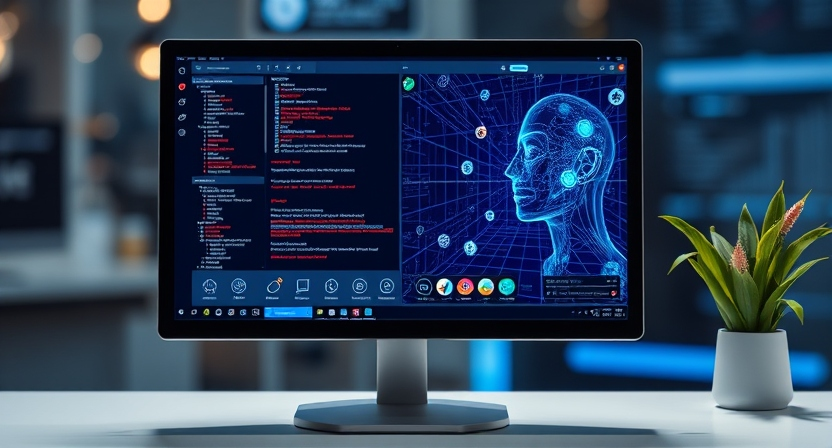As the clock ticks down to a potential ban on TikTok in the United States, with a deadline set for January 19 pending Supreme Court review, the reasons behind the government’s concerns with the wildly popular app are becoming more clear. TikTok, owned by Beijing-based ByteDance, boasts an impressive 170 million users in the U.S., making it a significant player in the digital landscape. However, the federal government views this platform as a double-edged sword, fraught with national security risks that could extend far beyond mere data privacy.
The Data Dilemma
At the heart of the debate is the perceived threat of user data falling into the hands of the Chinese government. Washington has pointed to a myriad of concerns surrounding data privacy, with the FBI’s Christopher Wray emphasizing the implications of a foreign government potentially wielding influence over TikTok’s users. The fear is not just about individual privacy but rather about how this data could be manipulated for political ends, steering American public opinion and impacting the nation’s democratic processes over time.
While legislators have cited this issue, critics argue that the specifics of how this data transfer poses a direct and immediate threat to Americans remain vague. Despite this, the consensus among lawmakers is clear: TikTok’s ownership structure, especially its tie to the Chinese government through a “golden share” held by its subsidiaries, raises alarm bells for U.S. officials.
AI Implications and Long-Term National Security
The intersection of TikTok and artificial intelligence introduces another layer of complexity. As AI capabilities continue to advance, the concern grows that TikTok’s sophisticated recommendation algorithms could be weaponized. Each user’s interaction creates a treasure trove of data, which, if accessed by hostile entities, could be utilized to craft tailored content aimed at influencing opinions on sensitive issues—ranging from elections to trade policies.
Congress is reportedly eyeing a long-term strategy that considers the potential ramifications a decade down the road. A fear exists that Chinese AI could leverage TikTok’s user data to unite narratives or sway public opinion subtly and potentially insidiously, using the platform to disseminate content that aligns with Beijing’s interests.
The Impact on Mental Health
Beyond the geopolitical implications, TikTok has also come under scrutiny for its impact on the mental health of its younger users. With states like California and Massachusetts investigating whether the app contributes to physical or mental distress among vulnerable populations, there is a growing appetite for interventions. Critics argue that TikTok’s addictive nature and algorithms tend to amplify engagement, putting a spotlight on the responsibility the platform bears toward user well-being.
In response to these findings, TikTok has asserted that it has implemented numerous safeguards aimed at ensuring a secure, positive experience for teenagers. Still, the concerns about the platform’s long-term influence on mental health remain a prominent part of the discussion in Washington.
Public Backlash and Political Repercussions
Despite the rising tide of skepticism from lawmakers, the voices of passionate TikTok users are making waves in Congress. The app’s ability to galvanize users—many of whom have been vocal in opposing the ban—has led some lawmakers to reconsider their stances. Ironically, this grassroots movement underscores the significant influence the platform may wield, prompting fears among some officials that stances contrary to popular sentiment could further solidify calls for a ban.
Conclusion: A New Era of Digital Scrutiny
As the U.S. government grapples with the multifaceted challenges posed by TikTok, the outcome of this situation will likely set a precedent for how foreign-owned apps are treated in an increasingly interconnected and data-driven world. The debate raises larger questions about national security, user privacy, and the mental health implications of digital engagement. As the deadline looms, both TikTok and legislative bodies stand at a crossroads that could redefine the landscape of social media in America. Whether or not TikTok retains its foothold in the U.S. market remains to be seen, but the conversations around it reflect a growing wariness of the digital technologies shaping public discourse today.



